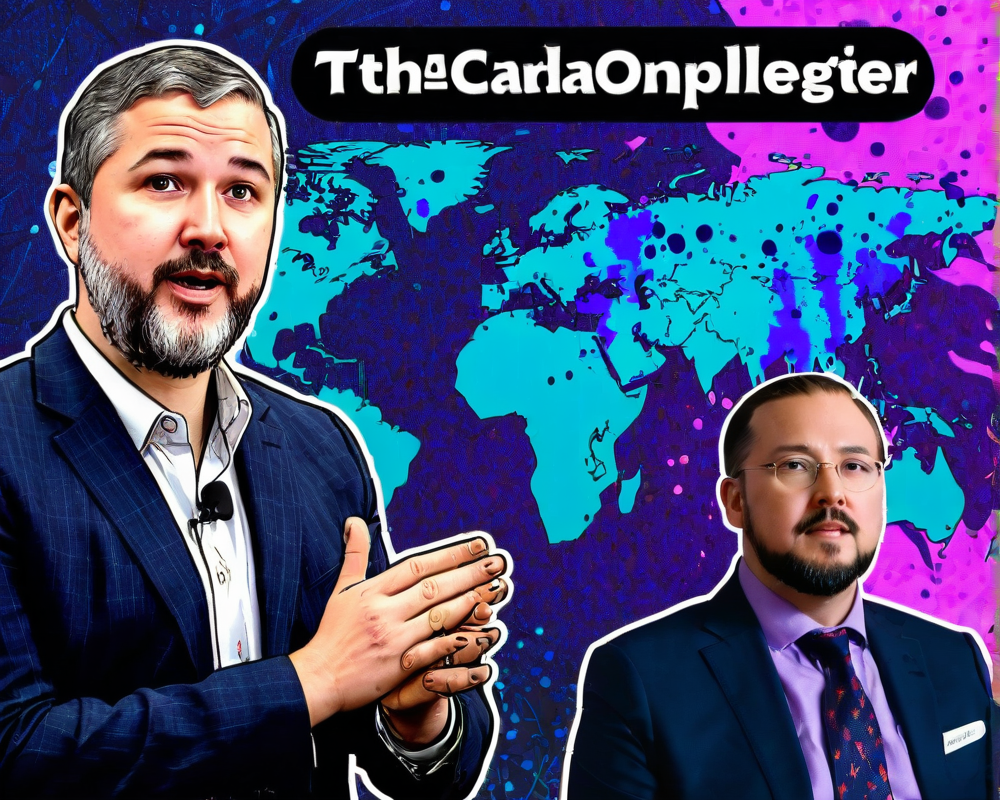OpenAI and G42’s New Venture
On October 18, a partnership was born that could potentially make waves in the Middle East’s technology scene. OpenAI, the brain behind the widely popular AI chatbot ChatGPT, has teamed up with Dubai’s G42. This collaboration aims to amplify AI capabilities across various sectors, such as finance, energy, healthcare, and public services. Imagine more efficient processes and smarter solutions—we’re talking next-level tech here!
Integrating AI Like Never Before
According to G42, businesses in the UAE and beyond will soon find it easier to incorporate advanced AI into their existing frameworks. It’s like getting a turbo boost for your business. G42 is all set to prioritize its robust AI infrastructure to support OpenAI’s local and regional processing on Microsoft Azure’s data centers. So, if you thought AI was a bit of a slowpoke, think again!
The Voices of Experience
Sam Altman, OpenAI’s co-founder and CEO, noted that G42’s industry connections could play a pivotal role in tailoring AI solutions that align with the cultural and operational nuances of the region. It’s not just about cranking out code; it’s about understanding the beat of the local business drum.
An Arabic AI Revolution?
This partnership isn’t the only intriguing development in the Middle East. Over in Saudi Arabia, there’s chatter about a new Arabic-based AI model, AceGPT, crafted in collaboration with universities in China. This project focuses on serving Arabic speakers, proving that the linguistic divide is shrinking one AI at a time. Localized solutions seem to be the new trend, turning the Middle East into a hotbed for AI advancements!
Regulatory Challenges Ahead
However, this AI renaissance comes with its own set of hurdles. As U.S. regulators tighten the reins on AI semiconductor exports, concerns about where these chips land are rising. Although recent reports indicated a denial of export blockages to the Middle East, new licensing requirements have emerged. This means that countries under U.S. arms embargoes, including Iraq, Iran, and Lebanon, may find it more challenging to access advanced AI technologies. Talk about a tightrope walk between innovation and regulation!




